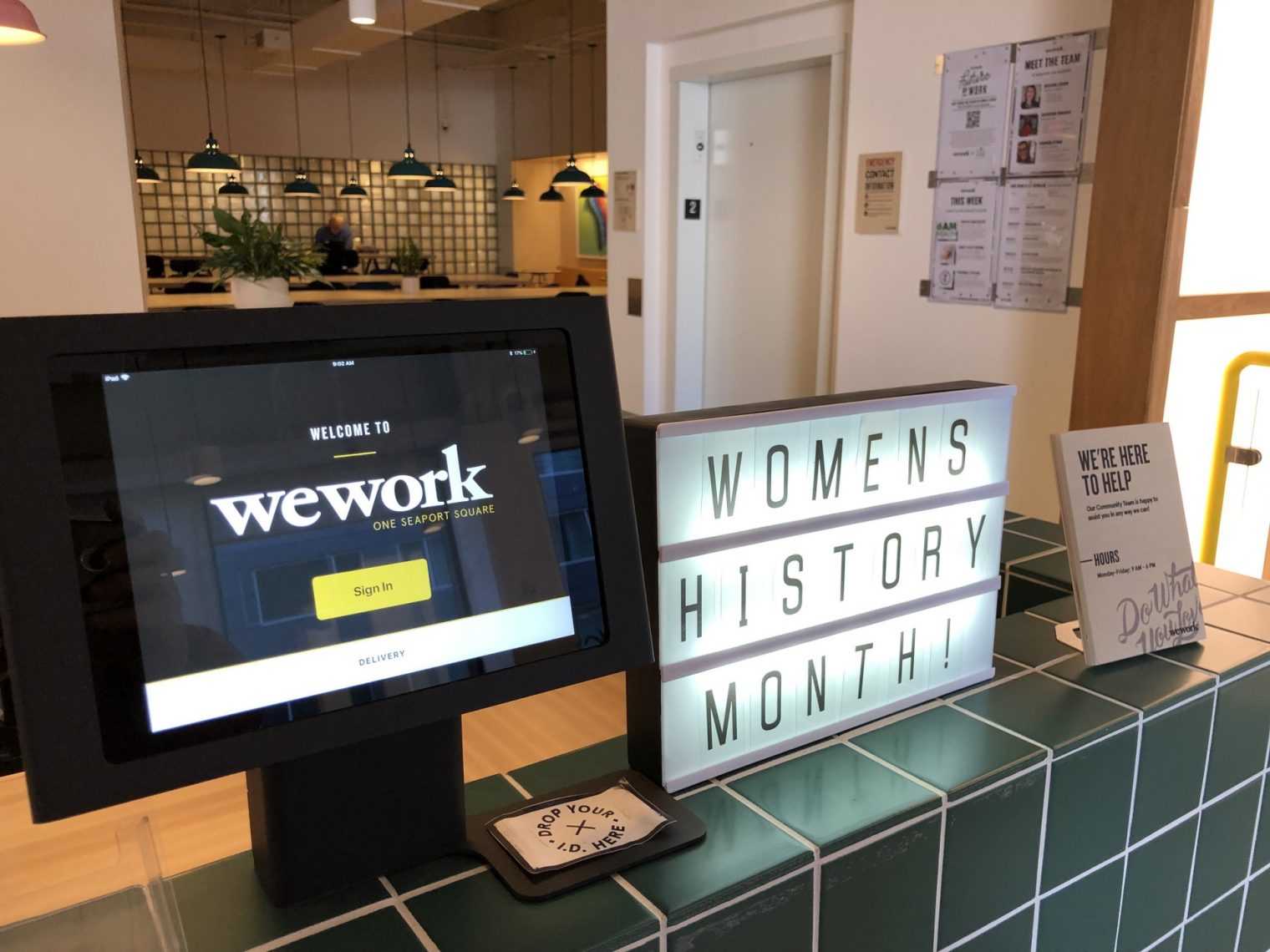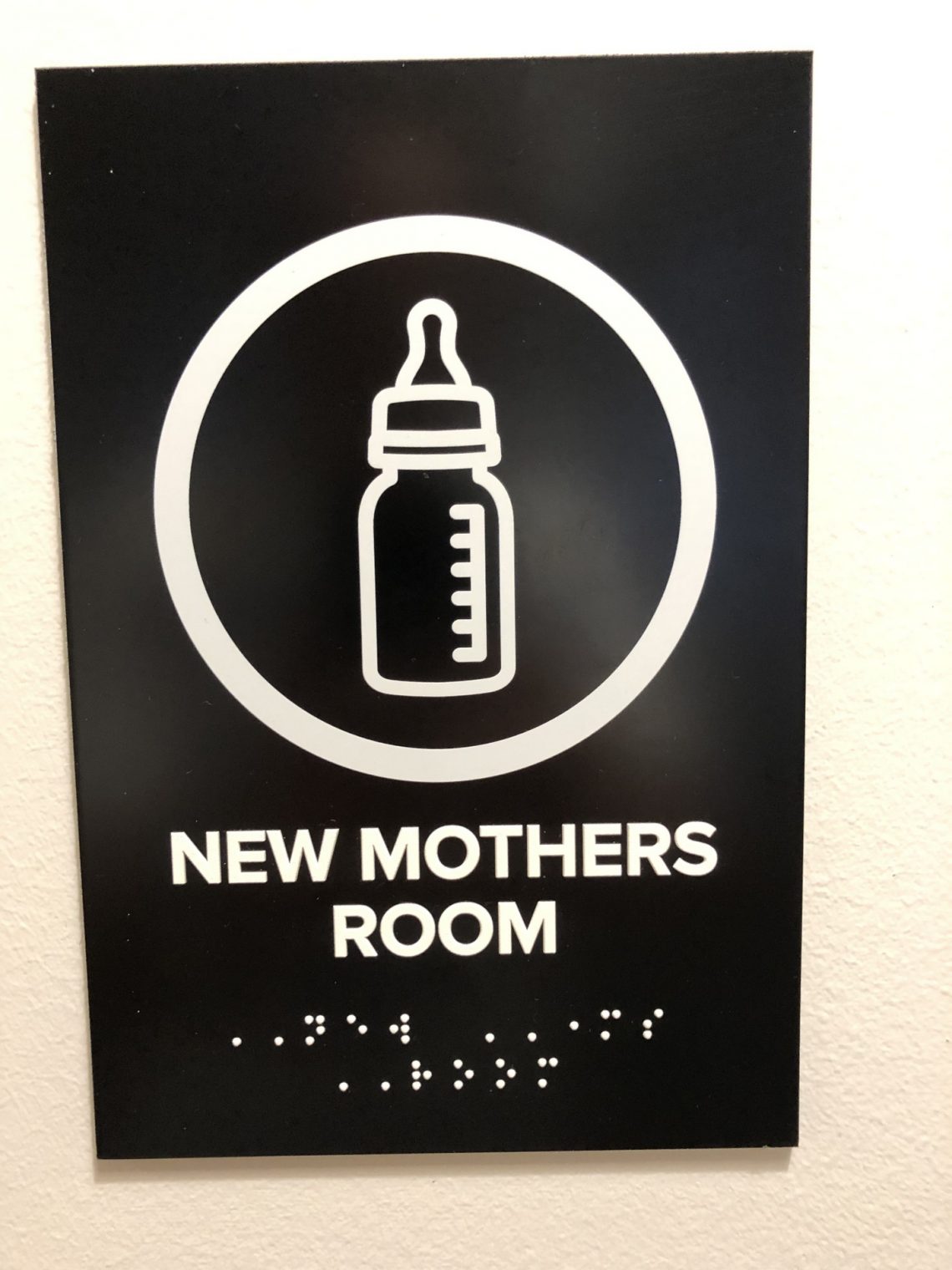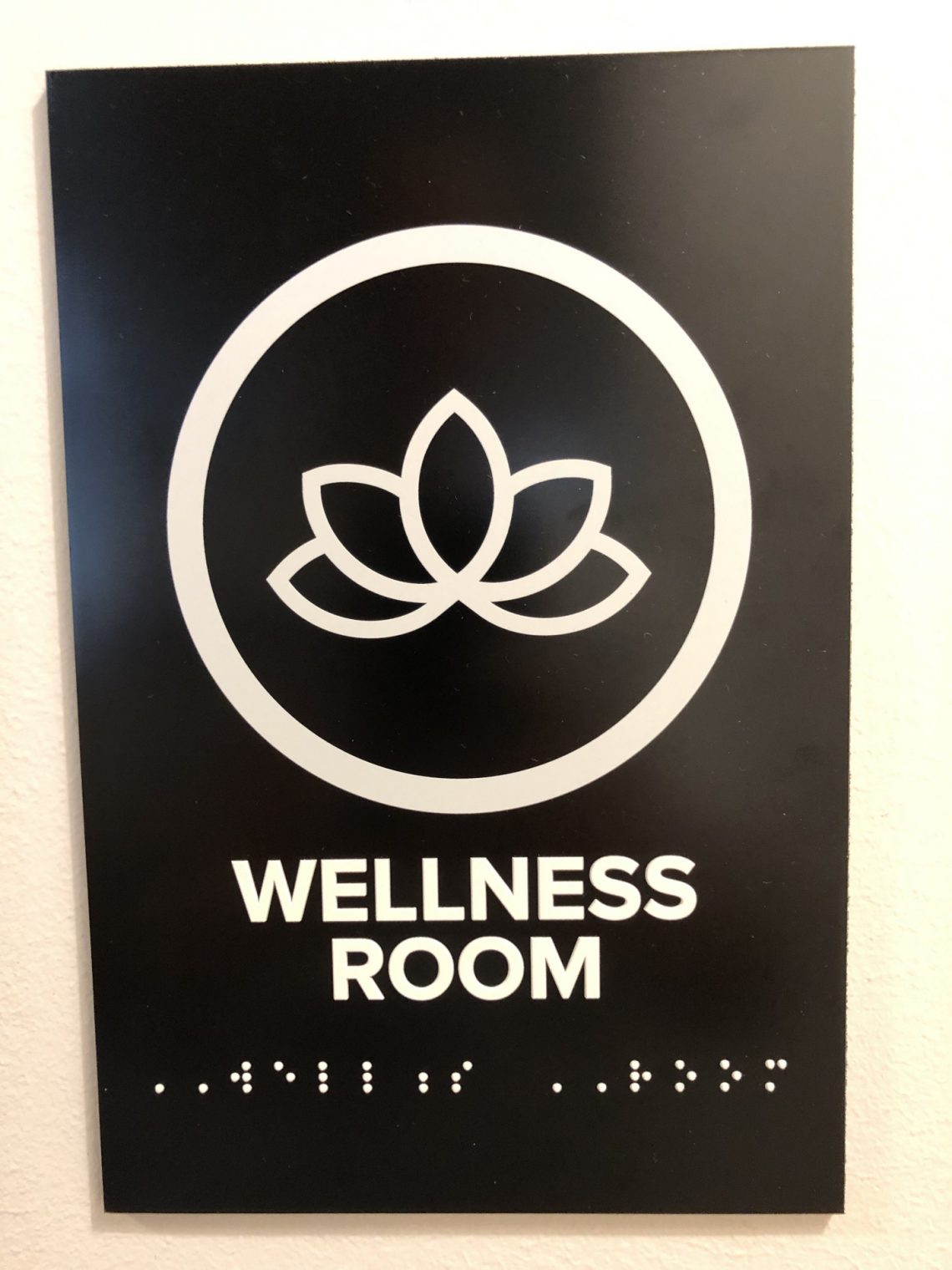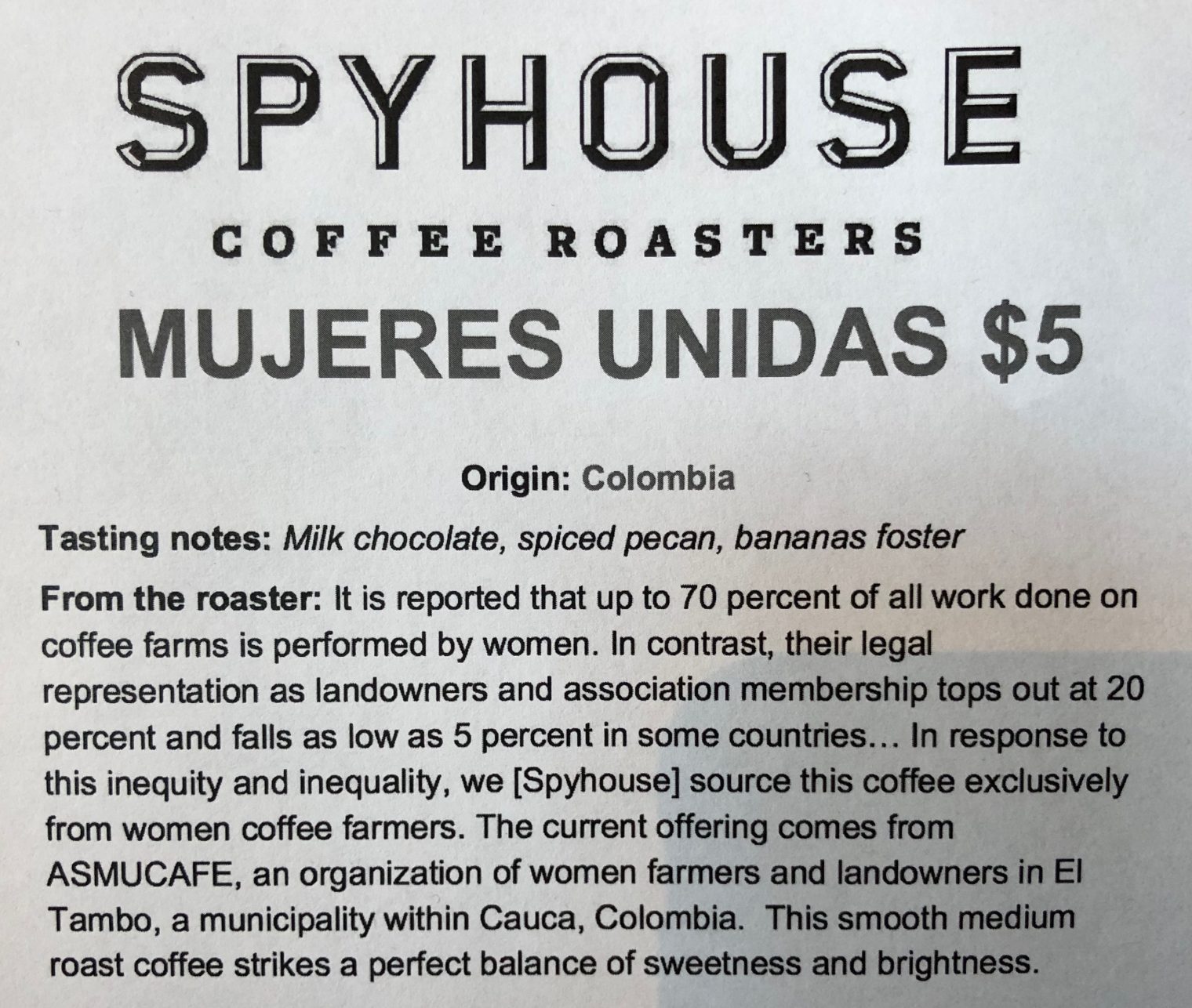I think that 2018 will be remembered as the breaking point at which the federal tax code become too complex for anyone other than a full-time accountant to understand.
One of the brand new areas is the 20-percent discount for pass-through income from LLCs and S Corp. I think the goal of this is to prevent everyone from forming a C corporation and paying tax at the new corporate tax rate, then eventually taking money out via a dividend and paying tax at the qualified dividend rate (21 percent federal for the corporate tax, 20 percent for dividends, plus another 3.8 percent for Obamacare, plus whatever a state might charge (e.g., 13 percent for California)).
The 20 percent discount, however, is limited to something like the first $157,500 of income. So it is progressive! The mason or plumber gets the full discount while the business consultant probably won’t.
How can you tell how much tax you’re going to pay? You need to calculate the wages paid by the business and also “the unadjusted basis immediately after acquisition (UBIA) of qualified property held by the trade or business” and then plug those into a formula (IRS explanation):
A qualified trade or business is any trade or business, with two exceptions:
1.Specified service trade or business (SSTB), which includes a trade or business involving the performance of services in the fields of health, law, accounting, actuarial science, performing arts, consulting, athletics, financial services, investing and investment management, trading, dealing in certain assets or any trade or business where the principal asset is the reputation or skill of one or more of its employees. This exception only applies if a taxpayer’s taxable income exceeds $315,000 for a married couple filing a joint return, or $157,500 for all other taxpayers
2. Performing services as an employee
Q6. The SSTB limitation discussed in Q&A 5 does not apply if a taxpayer’s taxable income is below $315,000 for a married couple filing a joint return and $157,500 for all other taxpayers; the deduction is the lesser of:
A) 20 percent of the taxpayer’s QBI, plus 20 percent of the taxpayer’s qualified real estate investment trust (REIT) dividends and qualified publicly traded partnership (PTP) income B) 20 percent of the taxpayer’s taxable income minus net capital gains.
If the taxpayer’s taxable income is above the $315,000/$157,500 thresholds, the deduction may be limited based on whether the business is an SSTB, the W-2 wages paid by the business and the unadjusted basis of certain property used by the business. These limitations are phased in for joint filers with taxable income between $315,000 and $415,000, and all other taxpayers with taxable income between $157,500 and $207,500. The threshold amounts and phase-in range are for tax-year 2018 and will be adjusted for inflation in subsequent years.
Got it? If so, please explain this to the rest of us!
(“Section 199A: unadjusted basis of qualified property” by an Arizona CPA is helpful. It says that you go back 10 years in calculating the value of property used, unless there is a longer applicable recovery period “under Sec. 168.”)
If your brain doesn’t explode from all of the paperwork, an accountant friend says that, due to the 20 percent discount, it always now makes sense to have an LLC or S Corp. (as opposed to a Schedule C sole proprietorship) if you’re going to be doing any kind of profitable business.
Separately, I have noticed a trend of Massachusetts friends and neighbors spending more time in Florida (or outright moving to Texas). Some of them will spend 1 day every four years voting virtuously for a Democrat, but 183 days every year living in Florida so as to skip out on the no-longer-deductible Massachusetts income tax.
Full post, including comments 






